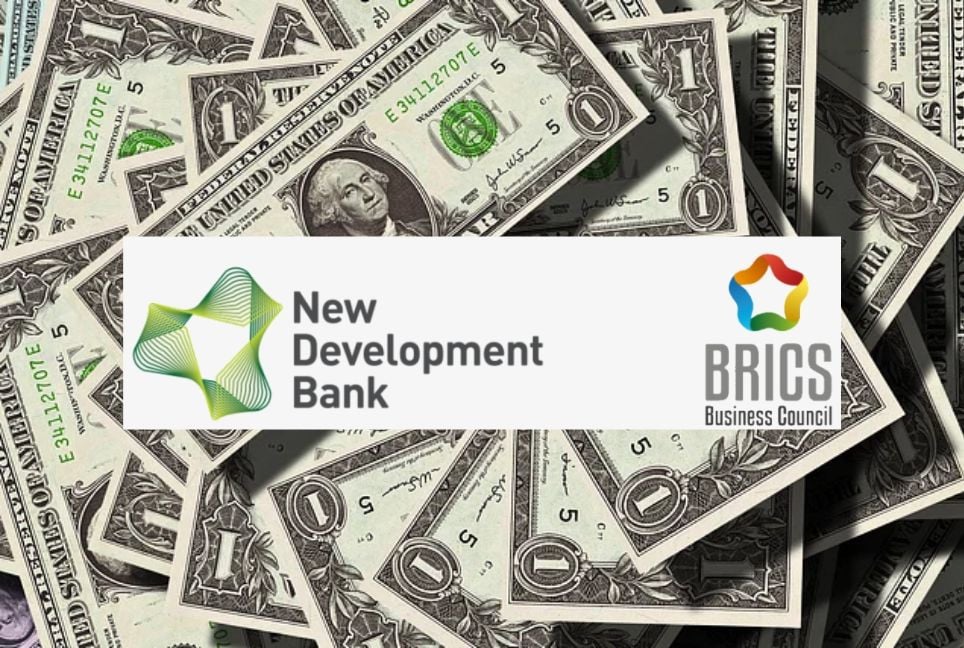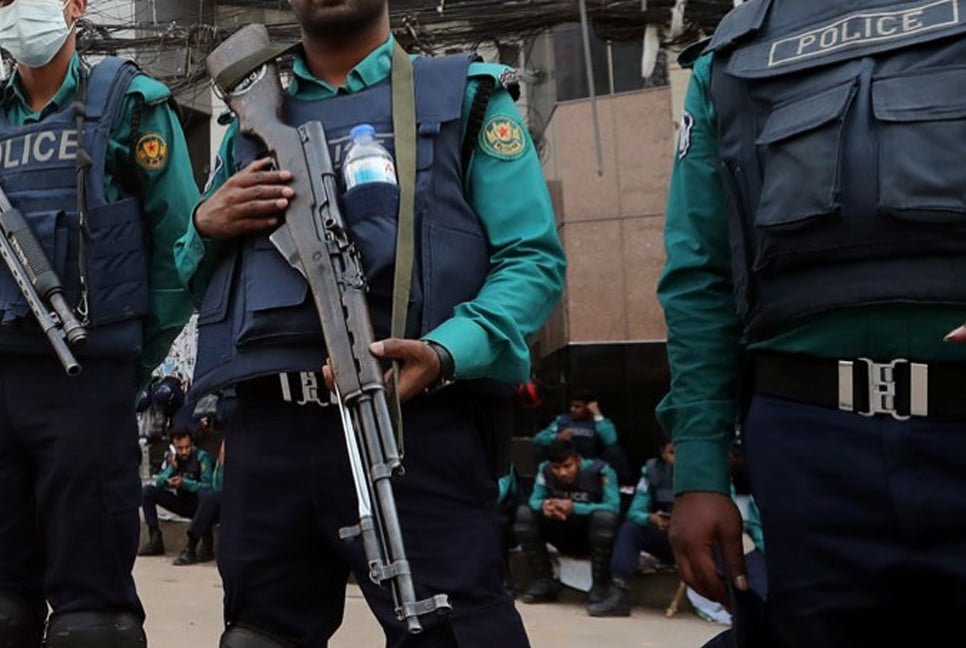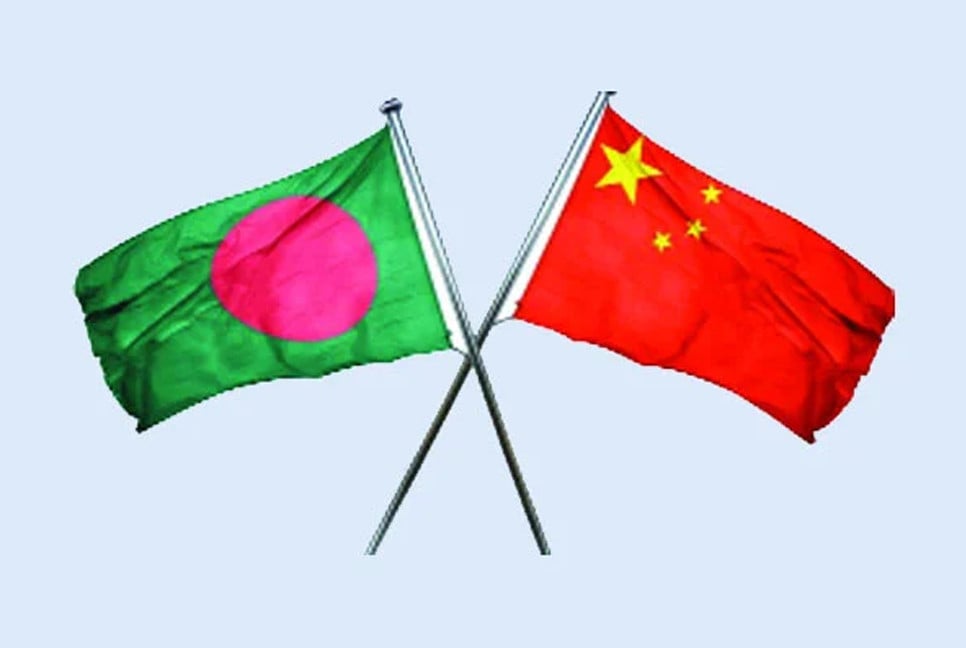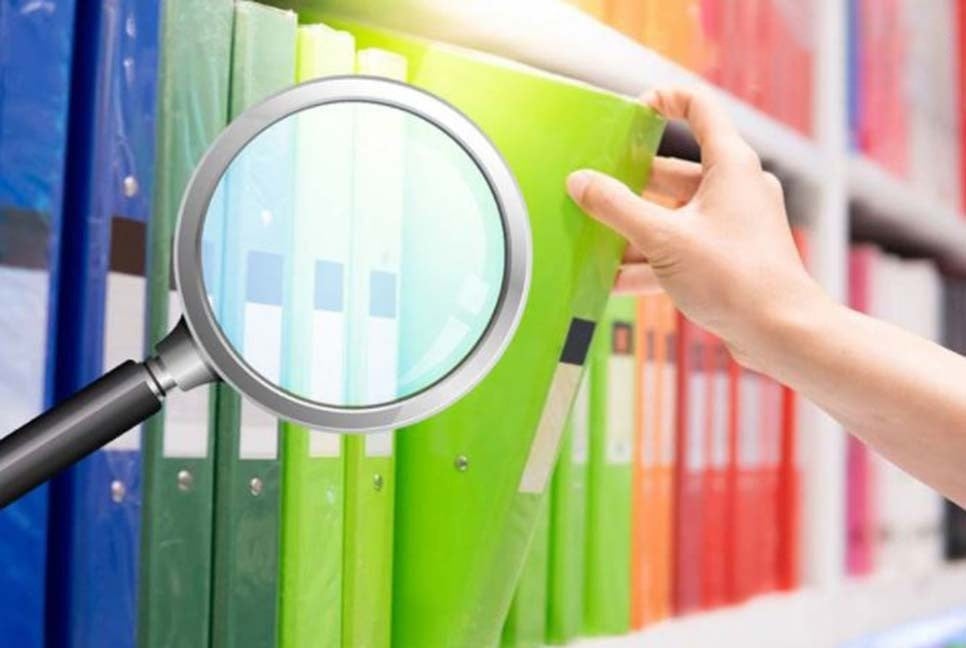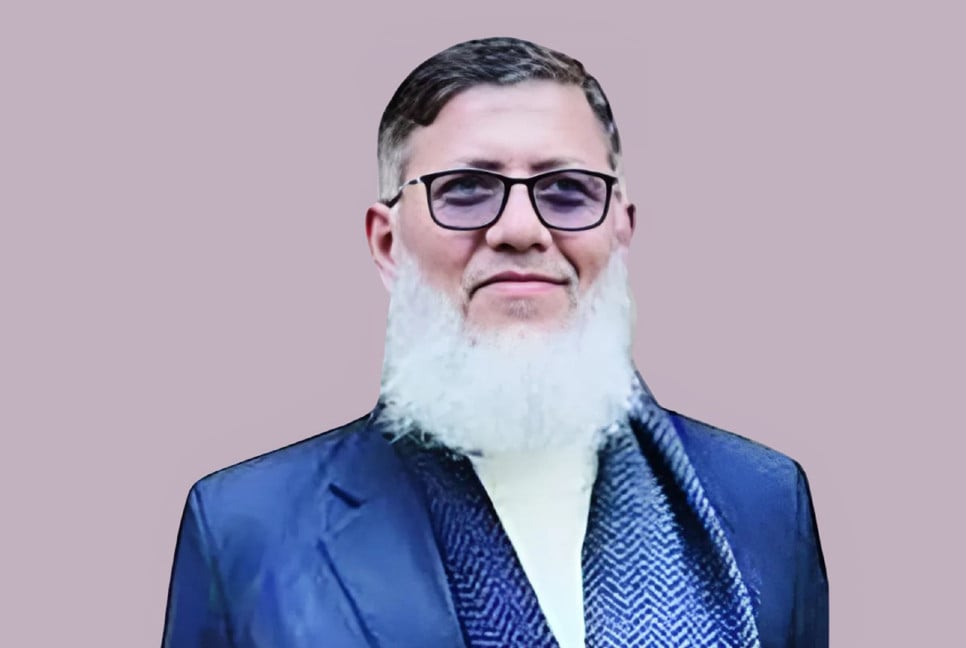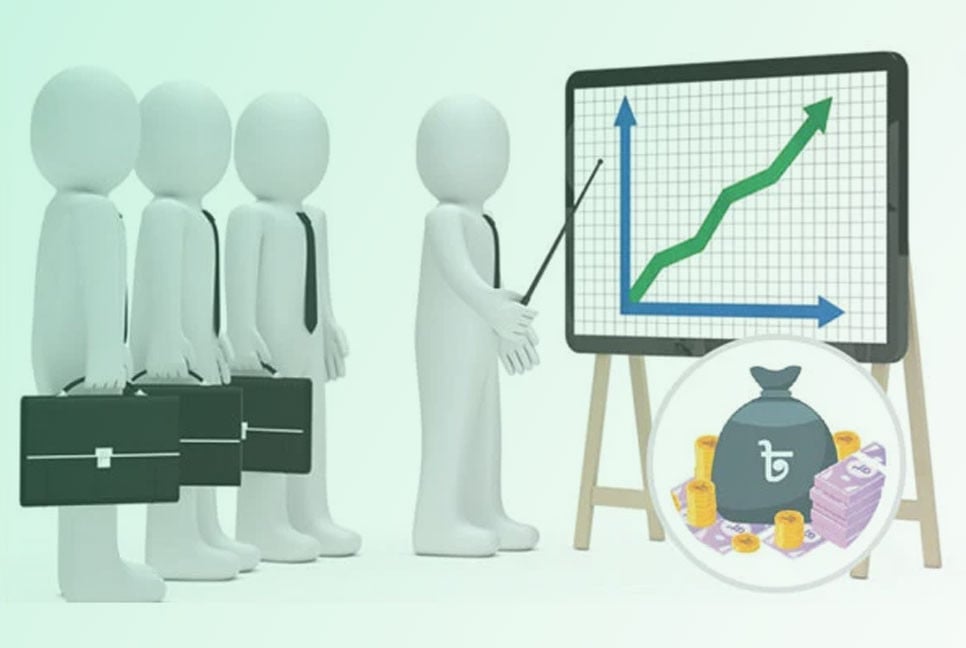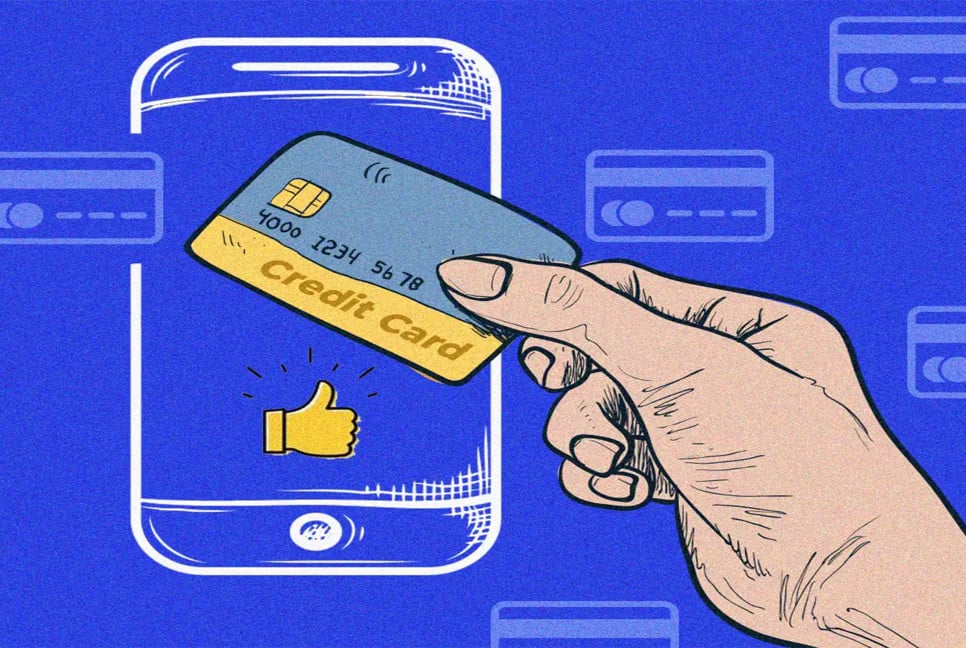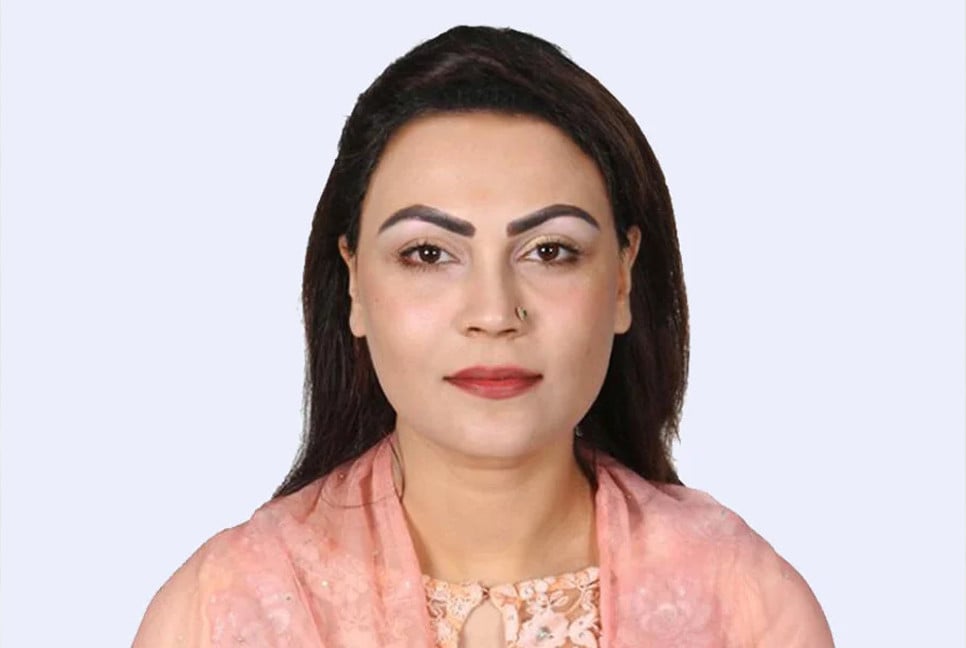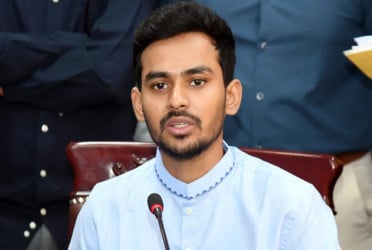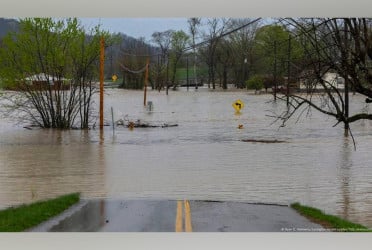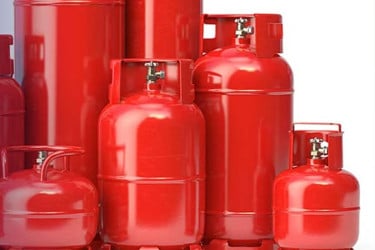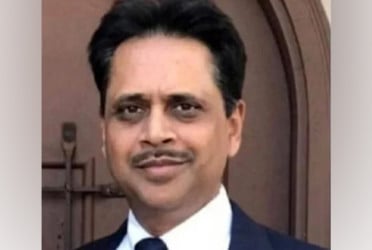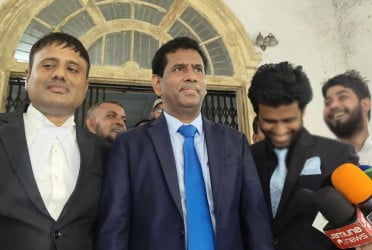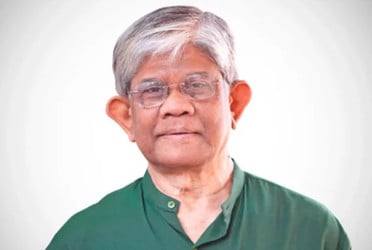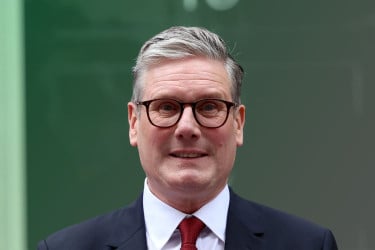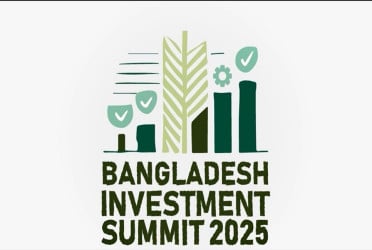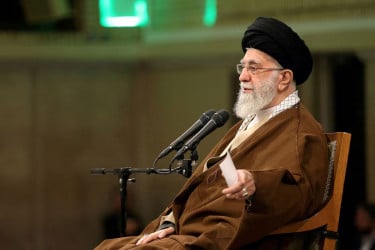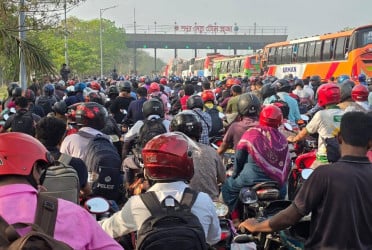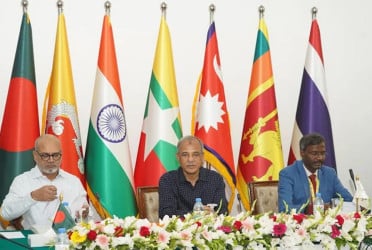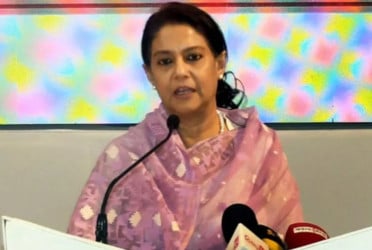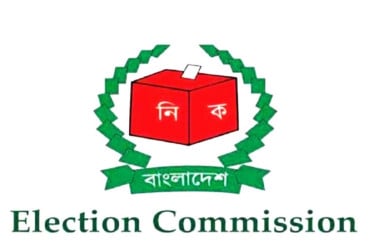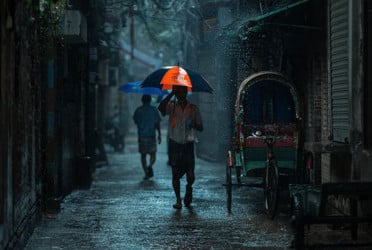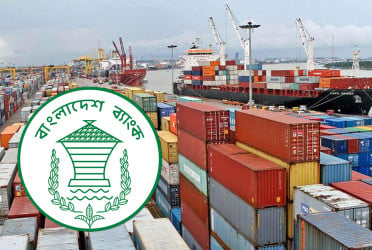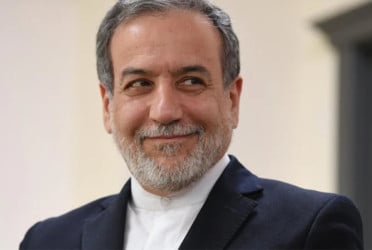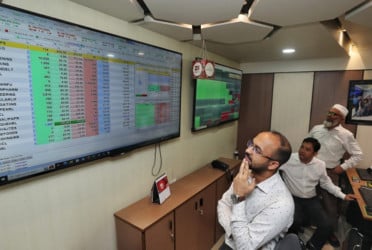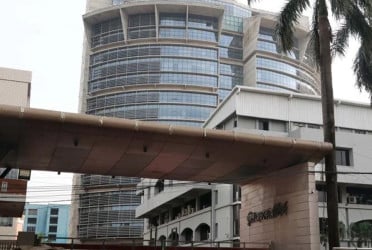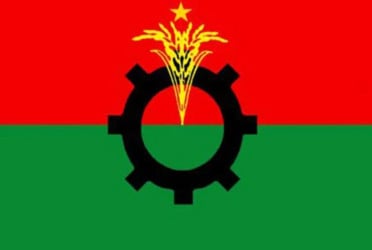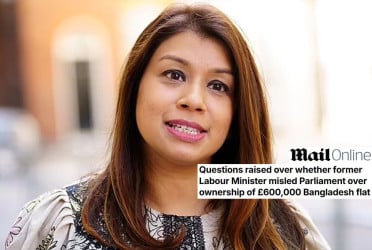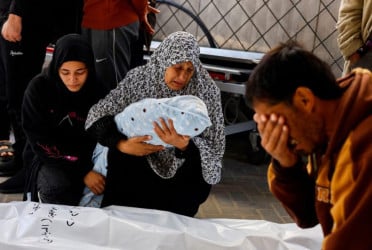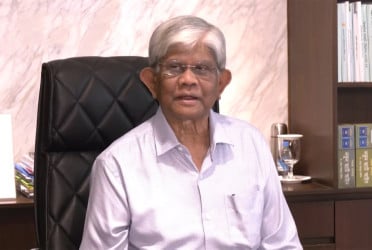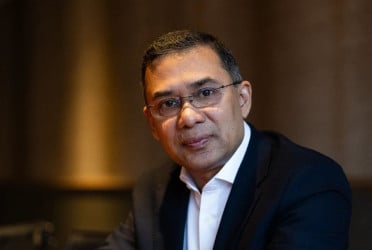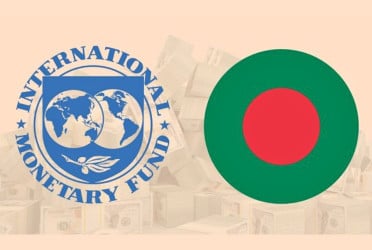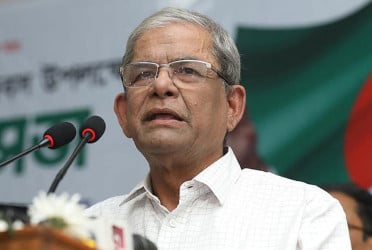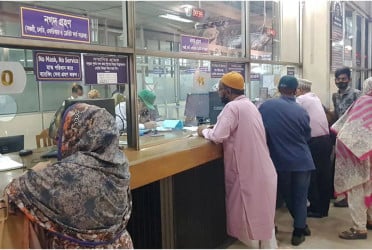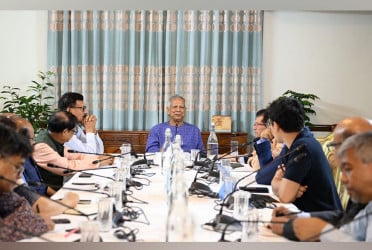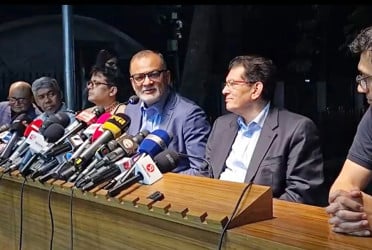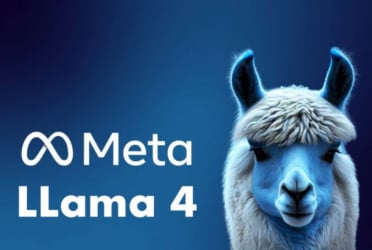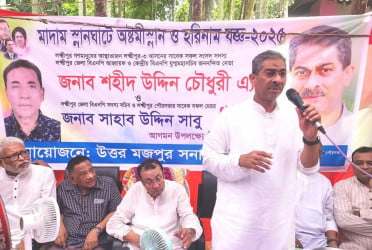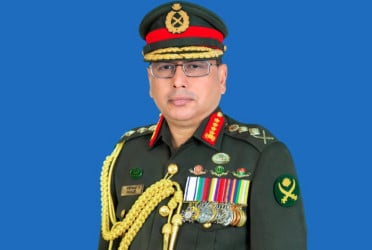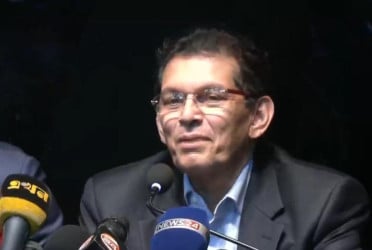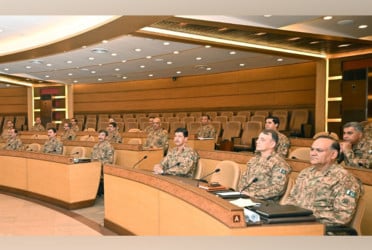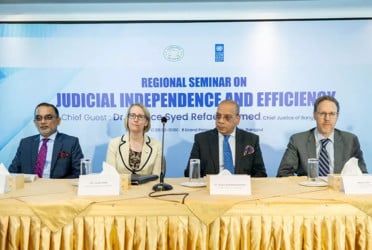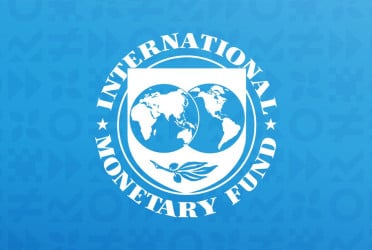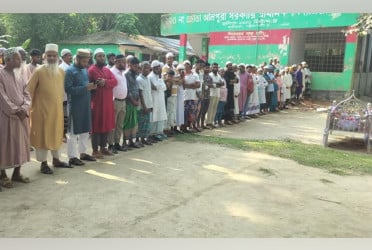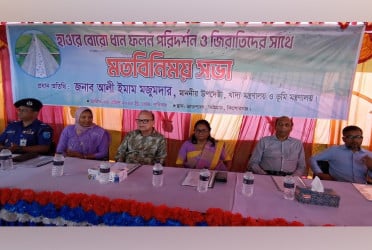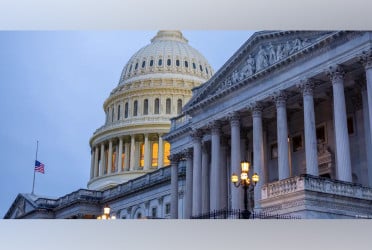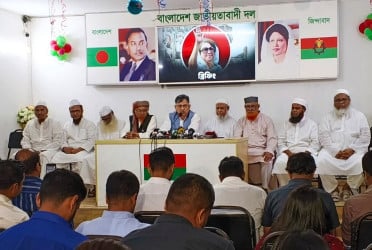Bangladesh has not yet received any assistance three years after joining the BRICS bank. Bangladesh became a member of the New Development Bank (NDB), led by BRICS, in 2021. However, apart from Brazil, Russia, India, China, and South Africa, no other countries have received loan approvals from this multinational institution.
In September 2021, the Shanghai-based bank's board of directors greeted Bangladesh as its sixth member. According to industry insiders, Bangladesh has been vigilant about borrowing from NDB due to the high costs of its loans compared to other lenders.
After joining, Bangladesh sought loans from NDB to ease infrastructure development and social-economic progress. Officials from Bangladesh requested to accelerate the loan approval process when a delegation from NDB visited Dhaka in January 2024.
Officials from the Finance Division stated that NDB has adopted a slow approach to approving loans for Bangladesh. However, last Friday, NDB, through an email, expressed its intention to work closely with Bangladesh stating that the institution is inclined to offer support for infrastructure and sustainable development projects. NDB is committed to safeguarding national development goals and SDG (Sustainable Development Goals).
Earlier, in January 2024, NDB's Vice President and Chief Operating Officer Vladimir Kazbekov informed Dhaka that NDB was willing to provide up to $1 billion annually in loans for large projects in Bangladesh. Additionally, from 2022 to 2026, the bank intends to lend between $3.5 billion to $5 billion. Before that, Bangladesh had requested loans worth $8.87 billion for various projects.
However, last year, NDB approved concept papers for four projects in Bangladesh. According to data published on NDB's website, in August 2023, the bank approved a $320 million loan for Dhaka Water Supply and Sewerage Authority (DWASA), a $100 million loan for Dhaka North City Corporation (DNCC) in December, and a $442 million loan for Titas Gas Transmission and Distribution Company in February 2024.
Additionally, in April 2024, NDB approved a $25 million loan for a private sector project, City Bank PLC, aimed at funding clean energy, energy efficiency, transport, and digital sustainable infrastructure projects.
NDB set a goal to approve these loans within the first half of this year. A senior official from the Economic Relations Division (ERD) stated that the government is awaiting approval for at least two loans from NDB and is set to sign the loan agreements.
A DWASA official mentioned that they are awaiting NDB's loan approval to improve Dhaka's water supply system through the proposed project.
NDB President Dilma Rousseff announced at an event last year that since its inception, the bank has agreed to fund 100 projects across member countries with a total loan amount of $35 billion.
Officials from the Ministry of Finance stated that the government is vigilant in proceeding with the loans as the NDB loans are costly. An analysis of NDB's loan terms shows that the loans have a maximum term of 19 years, including a five-year grace period. These loans carry a spread charge of 1.03% to 1.35% above the six-month London Interbank Offered Rate (LIBOR). Additionally, a 0.25% front-end fee is charged on approved loans, along with a 0.25% charge on any unused portion of the loan after approval.
The government of Bangladesh also takes loans from the Asian Infrastructure Investment Bank (AIIB) and the Asian Development Bank (ADB), which are similarly costly, despite being covered by LIBOR. NDB was established in 2014 by signing the "Agreement on the New Development Bank" to provide financial assistance for infrastructure and sustainable development projects in developing countries.
Translated & edited by Fariha Nowshin Chinika

